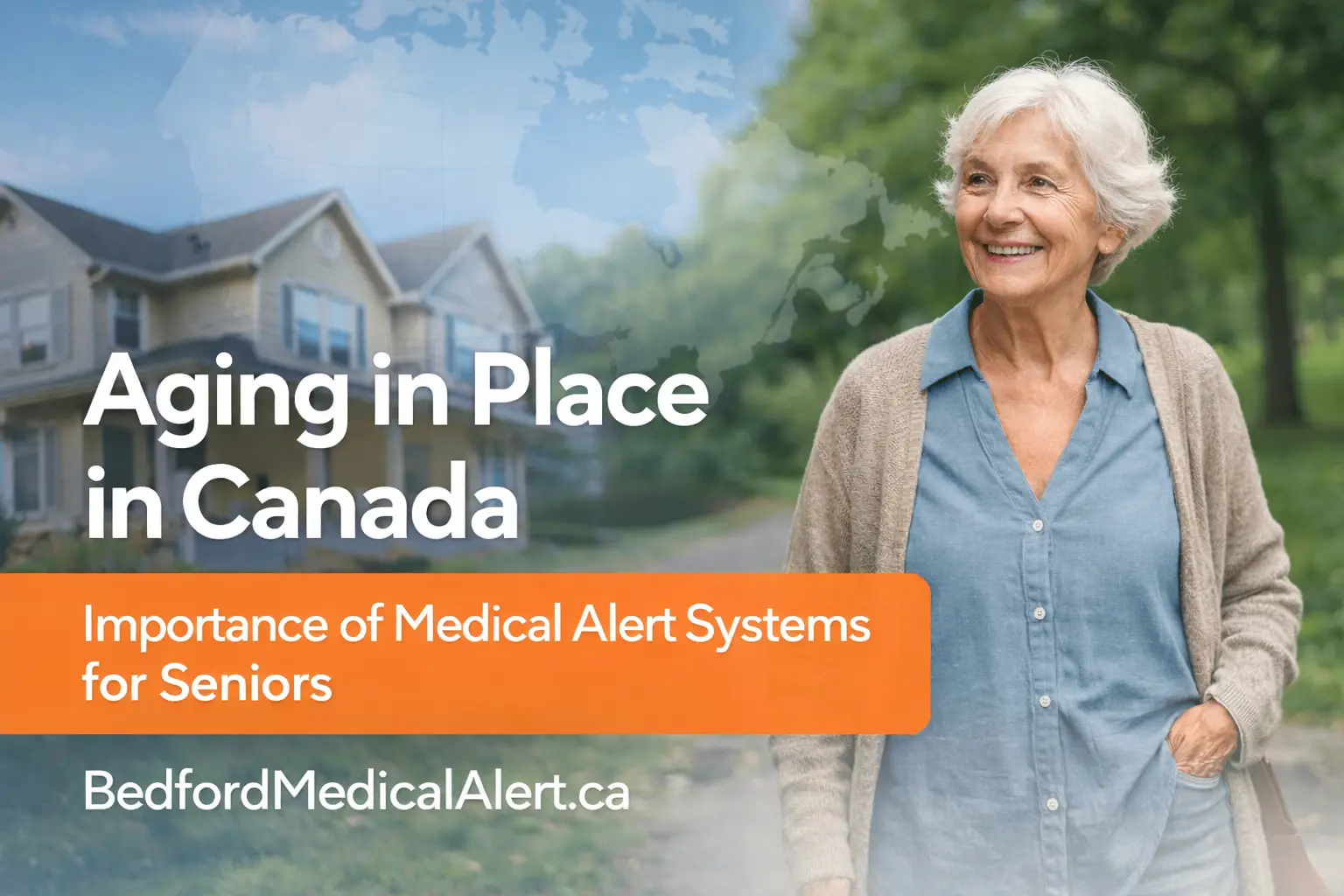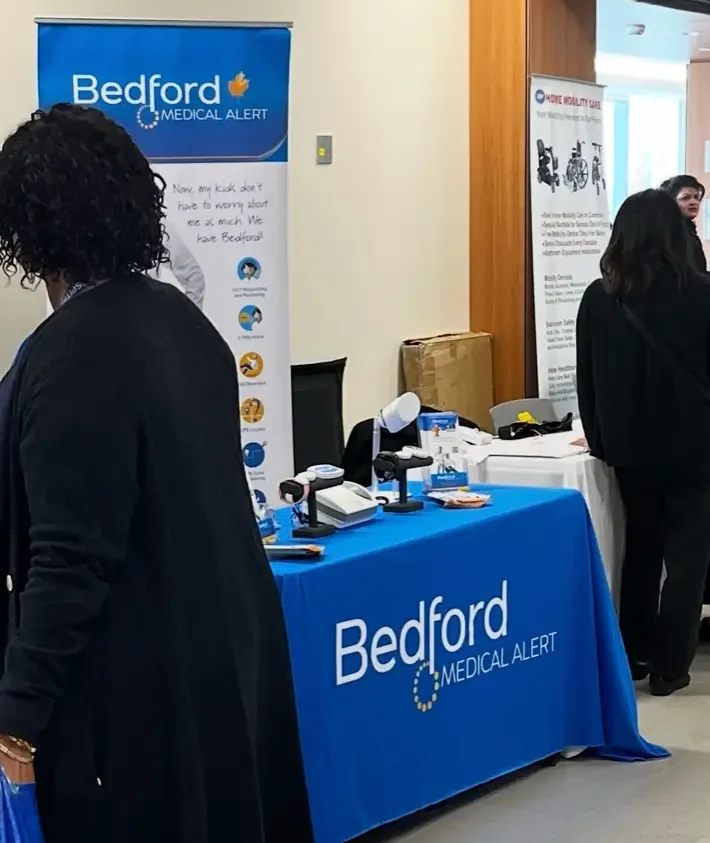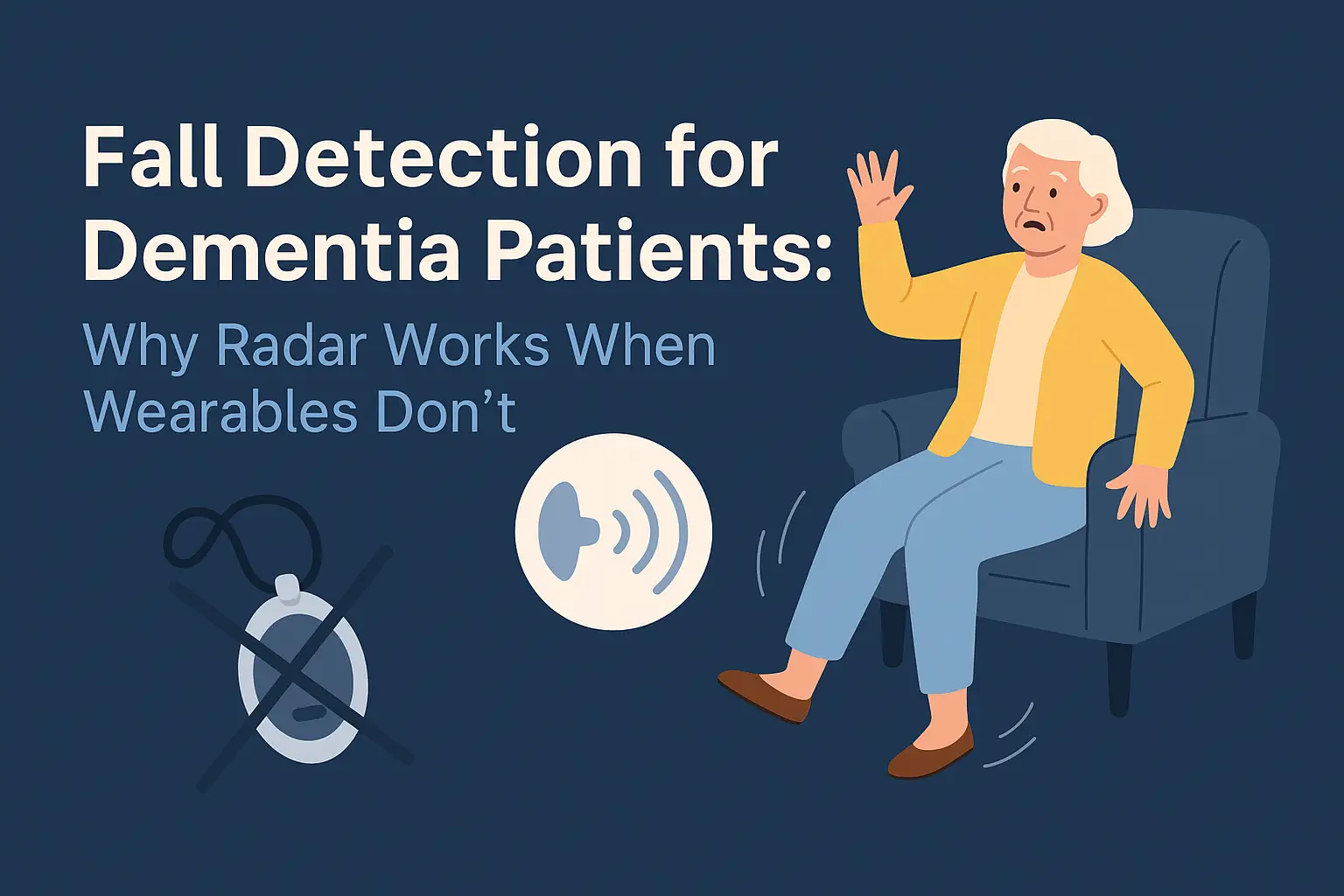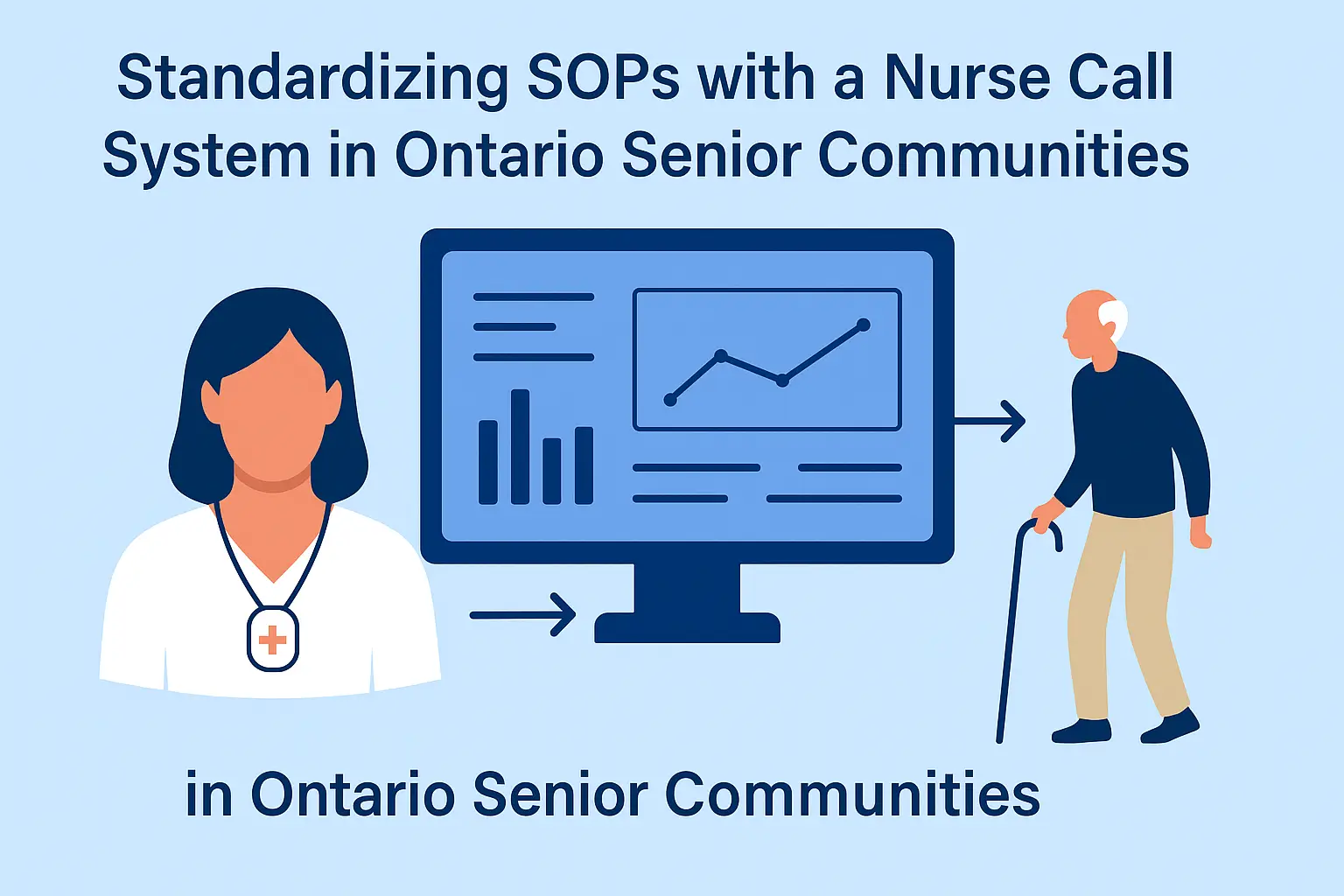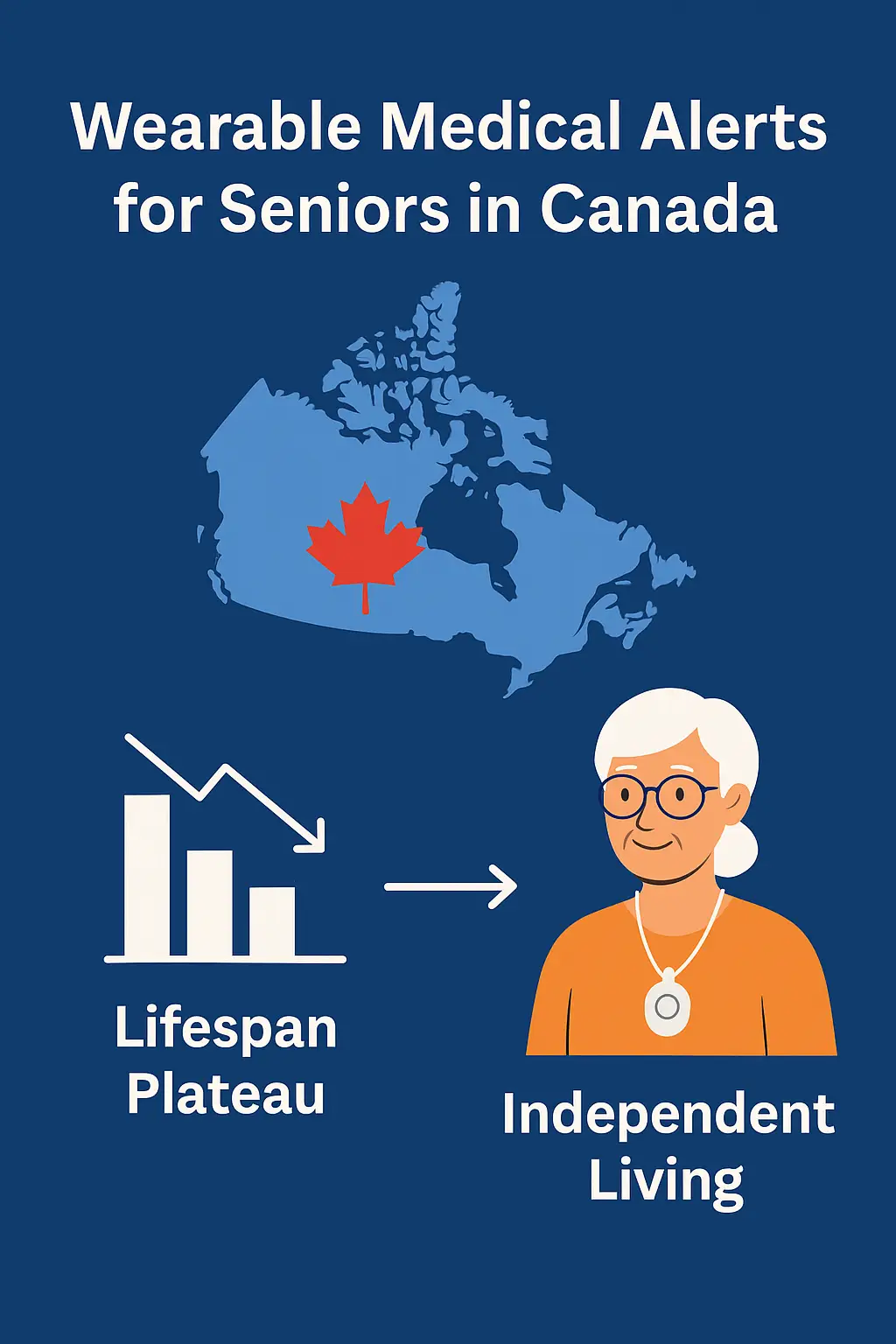Recent research from McGill University has shed new light on the uneven aging experience across Canada. The study, led by researchers at the McGill Observatory on Health and Social Services Reforms, highlights how geography, housing, and income create major disparities. These factors affect a senior’s ability to safely and independently age in place.
At Bedford Medical Alert, this research reinforces what we see every day. While seniors across Canada desire independence, not all have equal access to the resources that make this possible. That’s where technology and compassionate care solutions can bridge the gap.
Regional Inequities in Aging
The McGill study outlines how seniors living in rural or lower-income communities often face more obstacles to remaining in their homes. These can include:
– Lack of home support services
– Poor access to healthcare
– Inadequate housing infrastructure
– Limited transportation options
For example, a senior in rural Saskatchewan may have very different risks and needs compared to one living in downtown Vancouver. Yet both deserve safety and dignity as they age.
How Medical Alert Systems Help Bridge the Gap
Technology like fall detection devices and GPS-enabled medical alert systems helps equalize care access for seniors. This is especially important in regions where formal supports are lacking. At Bedford, we offer:
– 24/7 Monitoring: Immediate response from a Bedford professional.
– Automatic Fall Detection: Devices that sense and alert even if a senior can’t press a button.
– Mobile Coverage Across Canada: Our GPS-enabled devices help active seniors in places like Edmonton, Regina, and the BC interior live more freely.
In fact, our client Margaret in Kelowna told us, “I didn’t think I needed help, but when I fell in my garden and couldn’t reach my phone, I realized how essential this little device is. Bedford responded in seconds.”
Supporting Aging in Place, Equally
The McGill study calls on governments to do more to support seniors aging at home. However, until those policy gaps are addressed, companies like Bedford Medical Alert are stepping up. They fill the void with thoughtful, accessible solutions.
Whether it’s helping a senior in Toronto beat the heat with a Home Freedom pendant, or supporting an Alberta retiree on long walks with GPS backup, our mission is clear. We aim to make independent living safer everywhere.
Read the full McGill study here: https://www.mcgill.ca/newsroom/channels/news/mcgill-researchers-highlight-disparities-aging-place-365142
How You Can Help a Loved One Age Safely at Home
The McGill study is a wake-up call: equal aging requires intentional support. This is especially crucial for seniors living alone or in areas without robust infrastructure.
But you don’t have to wait for governments or health systems to catch up. Here’s what families across Canada can do right now:
1. Combine Tech with Human Care
Pair occasional in-person visits or check-ins with a Bedford medical alert system. This ensures 24/7 backup when you’re not there.
2. Choose Solutions That Work Without Wi-Fi
For rural or lower-income households, Wi-Fi-dependent devices are a barrier. Bedford’s LTE and GPS-enabled fall detection systems operate over national cellular networks – no home internet required.
3. Use Alerts Proactively
Set up location alerts and fall auto-detection – especially helpful for seniors with early cognitive changes or diabetes-related dizziness.
4. Don’t Wait for the First Fall
Too many families act after an emergency. Bedford systems are most powerful when used before the crisis, giving seniors the confidence to keep living independently.
Let’s Level the Playing Field – One Home at a Time
Whether you live in a downtown condo in Halifax, a prairie town near Saskatoon, or a farmhouse in northern Alberta, every Canadian senior deserves a chance to age safely and independently.
Bedford’s fall detection devices and senior monitoring services are built with that mission in mind.
Compare our fall detection options
Learn about GPS-enabled systems for remote regions
Call us today: 1-888-755-3055
Download our free guide to supporting independent aging in Canada.


